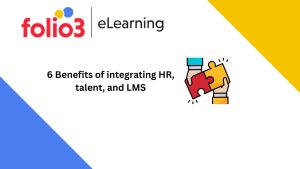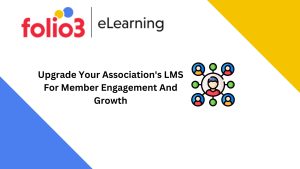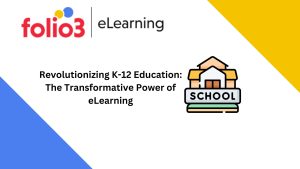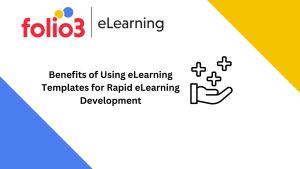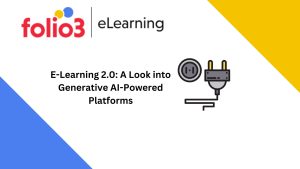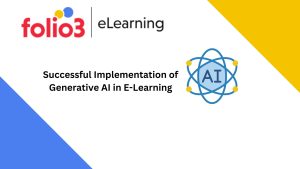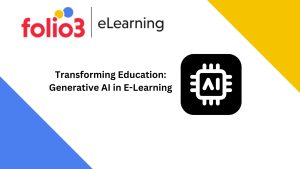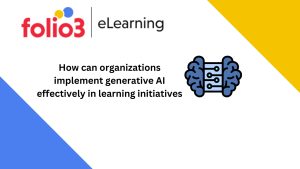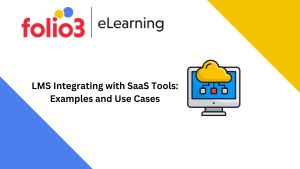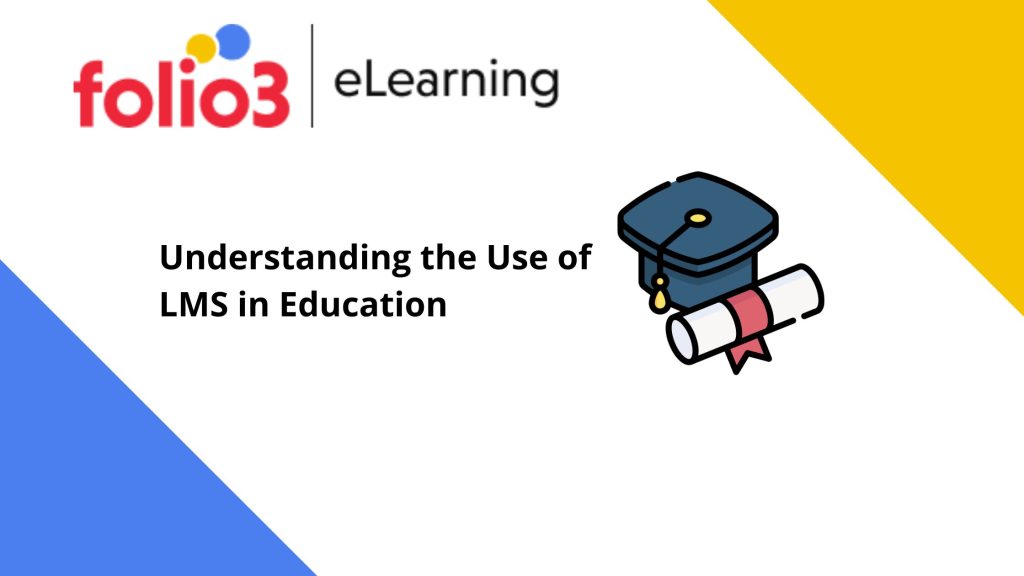
Executive Summary:
Utilizing distinctive efforts and software programs is now crucial for new learning tactics to be effective. The learning management system (LMS) is a popular educational tool in academia that has improved the educational environment. The use of LMS in education is now revolutionizing the education sector.

Introduction:
Technology has a significant impact on how our lives are changing in the modern digital age, and education is no exception. The delivery and management of learning experiences in educational institutions are being revolutionized by the development of learning management systems (LMS). An LMS offers powerful capabilities that are designed to accelerate the entire teaching and learning process. Anyone involved in these procedures, whether directly or indirectly, is therefore already a potential LMS user. The LMS’s function is to host and monitor e-learning. A learning management system (LMS) provides a business with a virtual hub where e-learners may access training resources. Its goal is to make training available to distant learners while acting as a hub for training across an organization.
What is a Learning Management System?
A software program or platform known as an LMS, or learning management system, enables corporations, organizations, and educational institutions to organize and provide online learning experiences. For developing, planning, delivering, and monitoring educational content, courses, and training programs, it offers a centralized and scalable system. The majority of LMS platforms provide a wide range of functions, such as content management, course administration, learner management, communication tools, assessment and grading capabilities, analytics and reporting, and system integration.
LMSs in education are applicable in a variety of settings, including K–12 education, higher education, corporate training, and professional development. In order to support learners’ learning journeys, they play a crucial role in promoting efforts for online learning, blended learning, and remote learning by giving them access to educational resources, interactive activities, assessments, and communication tools. LMS in education also gives administrators and teachers the ability to keep tabs on students’ development, analyze their performance, and tailor their learning opportunities to their unique requirements and objectives.
The Advantages of Using a Learning Management System
A learning management system in education provides a wide range of capabilities that are essential to support various educational activities. The following are some of the essential features:
- The use of a learning management system (LMS) in education offers a centralized location for class materials, homework, tests, and multimedia resources. This simplifies material administration and makes it available to teachers and students everywhere, at any time. Institutions are able to provide flexible and blended learning alternatives because it provides consistency in content delivery and decreases the dependency on physical resources.
- LMS platforms provide communication capabilities including discussion boards, chat features, and message services to encourage cooperation and engagement between students and teachers. Students can interact online, ask questions, and work together on group projects, encouraging involvement and information exchange. Teachers may support students with immediate feedback and assistance, enabling individualized learning opportunities.
- Online, blended, and flipped classrooms are just a few of the teaching and learning strategies that educational institutions can adopt thanks to LMS. Students can access course materials, lectures, and exams through LMS at their own convenience and pace. This adaptability allows for various learning styles and timetables, increasing inclusivity and accessibility of education for a wider spectrum of learners.
- Personalized learning experiences are made possible by the capabilities that LMS platforms provide, such as adaptive learning, learning analytics, and progress monitoring. Teachers may keep track of each student’s development, a spots where they are having trouble in class, and offer specialized help. Based on students’ talents and needs, adaptive learning algorithms can give tailored content and tests, encouraging the development of each student’s unique skills.
- By offering tools for designing and distributing quizzes, assignments, and tests online, LMS streamlines the assessment procedure. Mechanisms for automatic grading and feedback-free up teachers’ time while giving students immediate feedback and encouraging ongoing development. Additionally, LMS enables reporting, analytics, and tracking of student performance, enabling data-driven decision-making and highlighting areas for improving training.
- The use of LMS in education also automates the processes involved in enrollment, course management, and record-keeping to streamline administrative operations. Institutions can efficiently manage huge numbers of students and courses because of the decreased paperwork and improved administrative efficiency. In order to maintain data security and privacy, LMS in education also offers facilities for report generation, compliance monitoring, and user role and permission management.
Conclusion:
The introduction of learning management systems, which provide a comprehensive platform that improves teaching and learning, has revolutionized the way that education is done. LMS enables educational institutions to provide flexible, interesting, and successful education by facilitating communication, collaboration, and content management. Educators may design dynamic learning environments, meet the needs of a variety of learners, and promote academic success by utilizing the features of LMS. The use of LMS in education is anticipated to increase as technology advances, influencing learning environments and changing educational futures.

